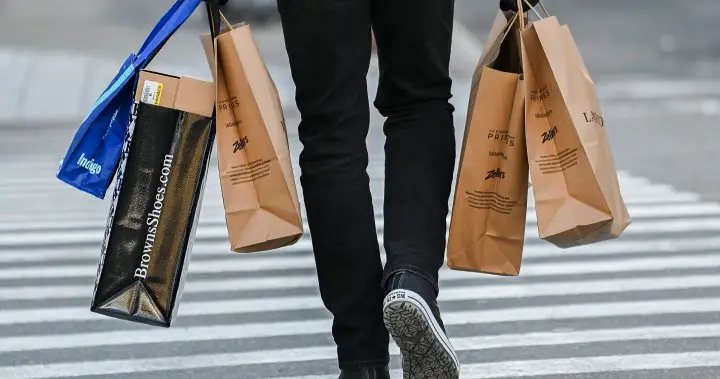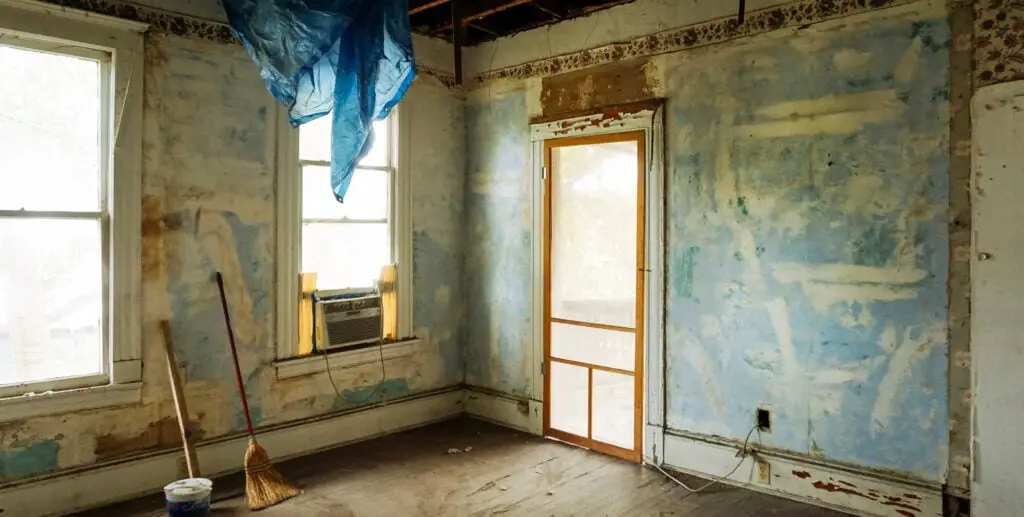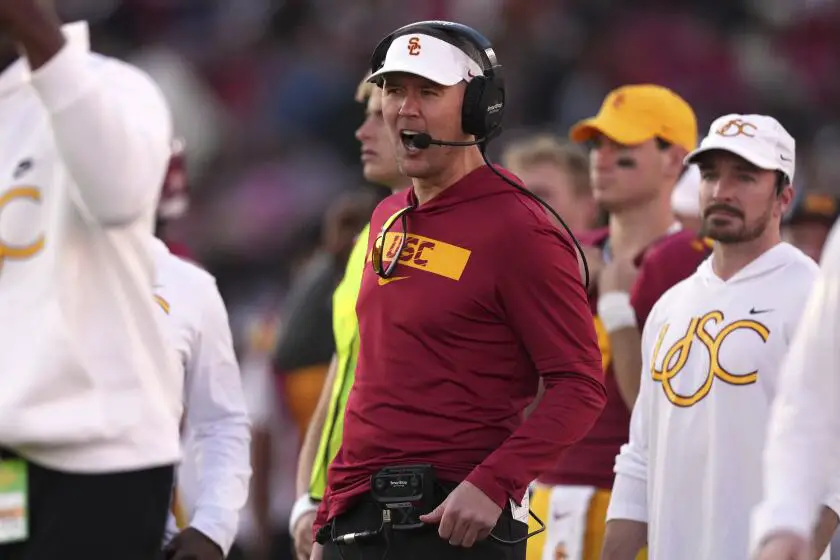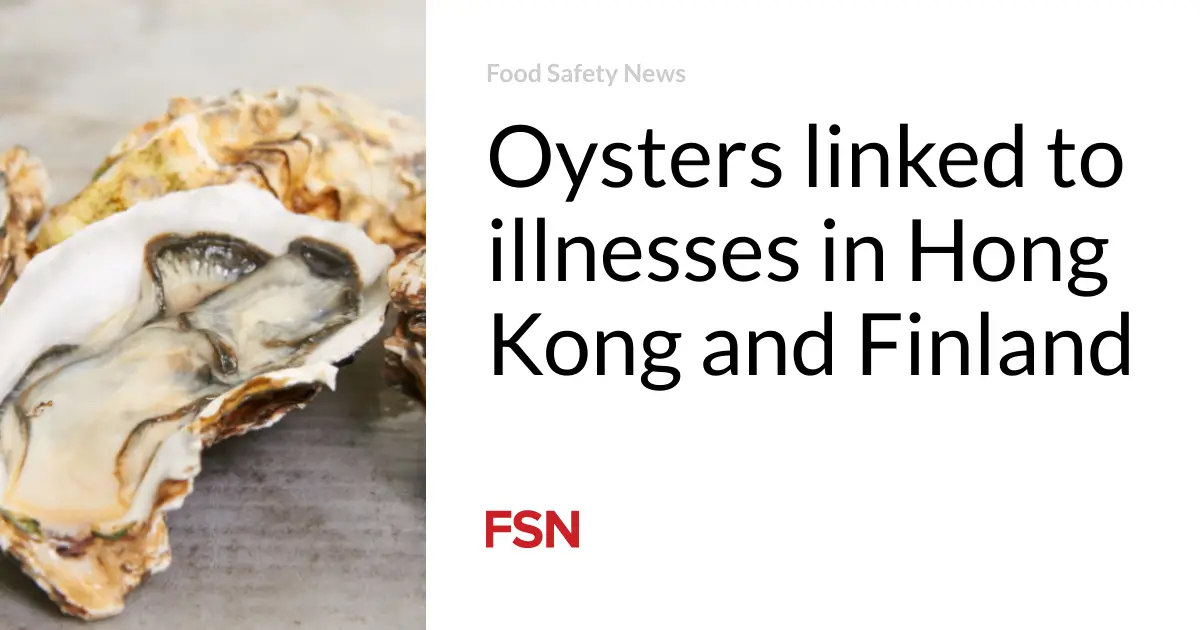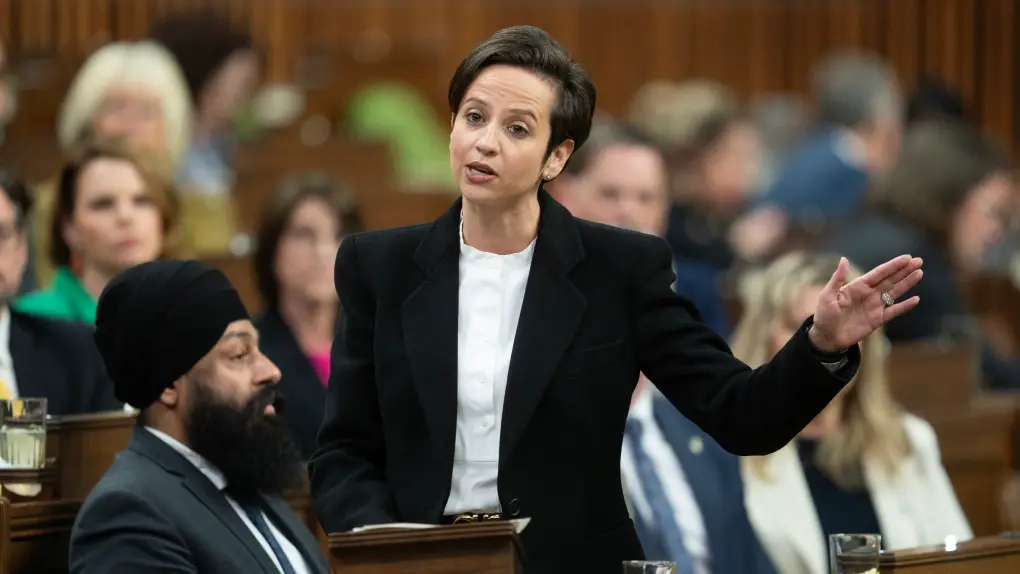
Despite expressing vehement opposition to the newly unveiled federal budget, Conservative deputy leader Melissa Lantsman would not say whether her party would reverse the Liberals’ plan to increase the capital gains inclusion rate.
The 416-page budget, tabled in the House of Commons on Tuesday, includes plans to increase the capital gains inclusion rate — the share of capital gains that are taxed — from 50 per cent to 67 per cent.
As of June 25, people with more than $250,000 in capital gains in a year will have to pay taxes on a larger portion of that money. The inclusion rate will also increase for the capital gains of corporations and trusts.
According to the federal government, the change would affect very few people, compared to the $19.3 billion it would bring in over the next five years, but many Canadian business owners and entrepreneurs have raised concerns that the move could stunt innovation.
Conservative Leader Pierre Poilievre has called the budget “wasteful” and “inflationary,” while vowing to vote against it.
But when specifically asked by CTV’s Question Period host Vassy Kapelos — during a panel interview with NDP finance critic Don Davies that airs Sunday — whether the Conservatives would reverse the capital gains tax changes, Lantsman wouldn’t say.
“We’re going to continue to focus on axing the tax and building the homes and fixing the budget and stopping the crime,” she said. “That’s what we’re talking about with Canadians.”
Lantsman added that the Conservatives will unveil their plan “in a platform in the next election.”
And when pressed on the party’s position on the specific measure to increase the capital gains inclusion rate, Lantsman again said the Conservatives will state their plans come election time.
“We’re going to continue to fight the fight that we have been fighting for everyday Canadians who are paying far too much, paying more for gas, for groceries, for home heating,” she said. “They can’t afford to live, and that’s why we are going to vote against this budget.”
The Bloc Quebecois and the Greens have also pledged to vote against the budget.
The NDP, meanwhile, say they have yet to decide whether they will support it. But during the panel with Lantsman, Davies said his party has called for additional measures to bring in more money, namely a one-time excess profits tax on oil and gas companies.
When asked how the government could prevent such a tax from being passed on to consumers, Davies said one “could make that argument about all taxes.”
“I mean, by that argument, you’d have no taxes on corporations, because some of it can be flowed through, it’s true, but a lot of it is not,” he said, adding his party wants to see oil and gas companies pay their “fair share.”
Davies, though, did not quantify what the NDP views as a “fair share.”


